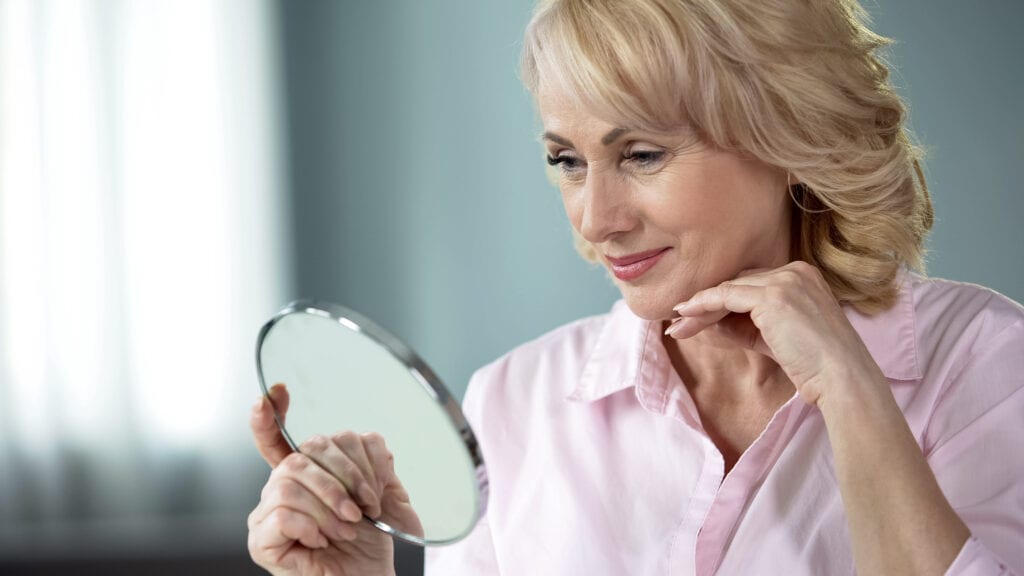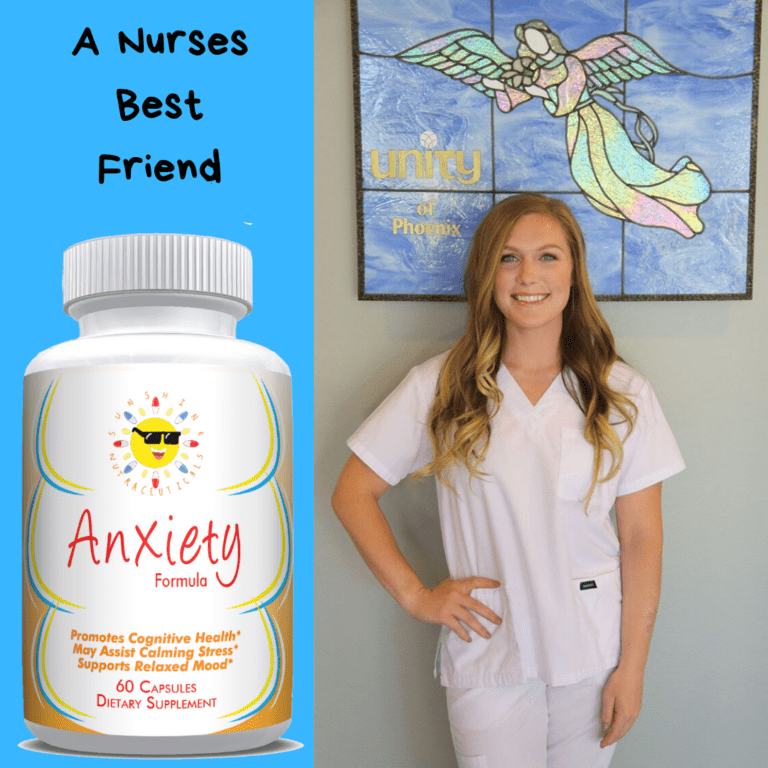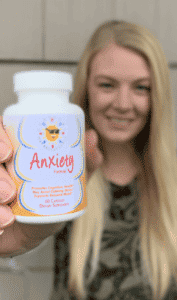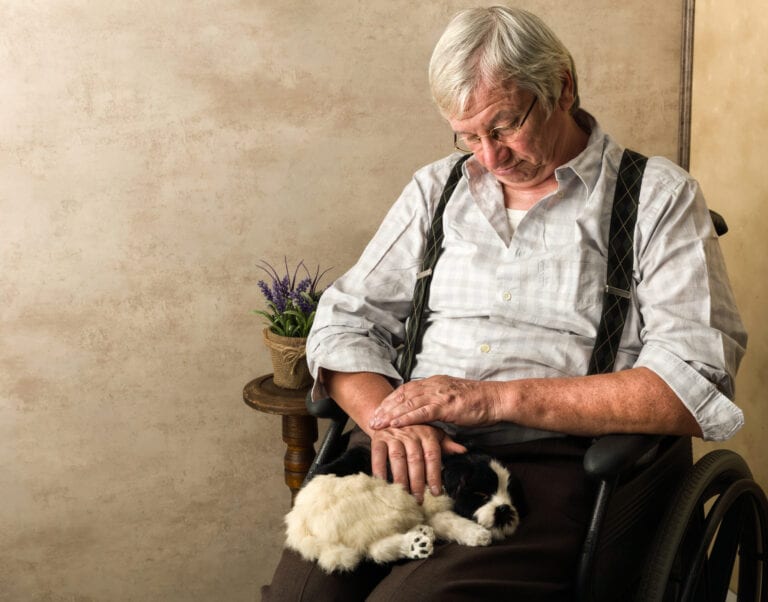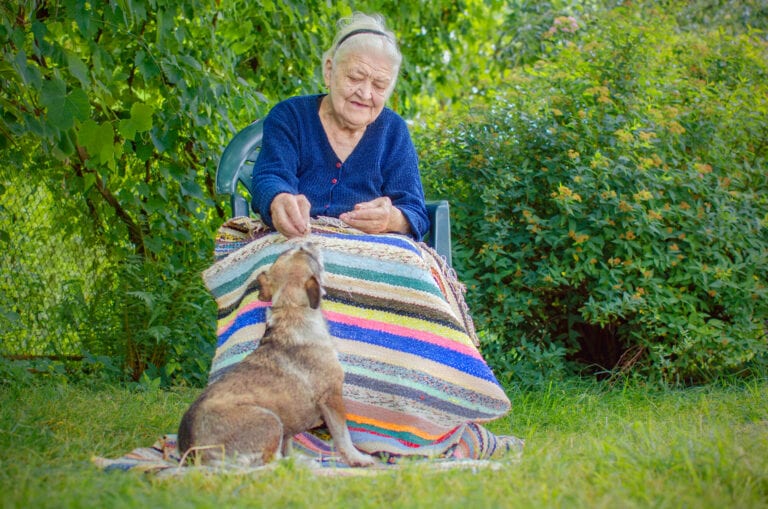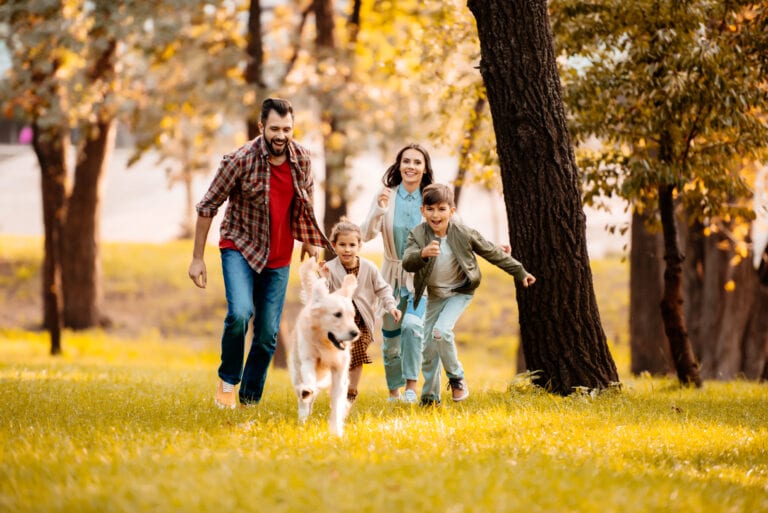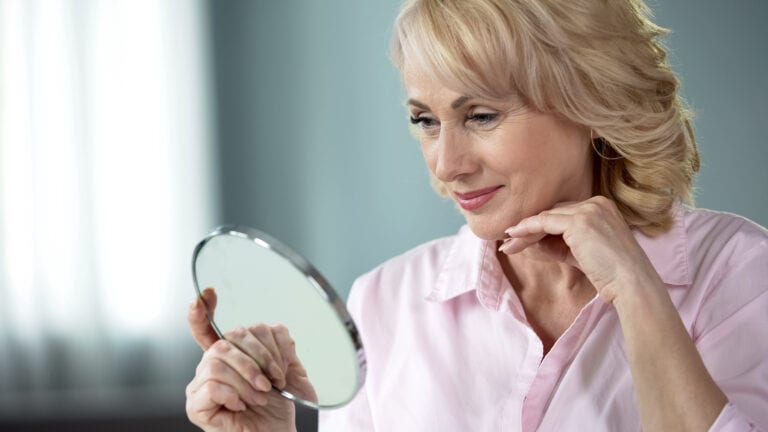
What can be done to prevent dry skin as you age?
The skin is the largest organ of the body. It serves as a barrier and protects us from bacteria.
Skin also helps to regulate body temperature and allows us to respond to heat, cold, and touch. There are three layers that compose the skin.
- Epidermis – This is the outer layer that serves as a barrier. The epidermis keeps pathogens from entering the body and regulated water being released from the body.
- Dermis – The layer below the epidermis is called the dermis. This layer contains blood vessels, nerve endings, sweat glands, and hair follicles.
- Hypodermis – This layer contains fat and connective tissue, and provides cushioning and insulation to the body.
Dermatologists are specialized physicians who diagnose and treat various conditions of the skin. This post will explore dry skin, its causes, treatments, and effects on the aging population.

Effects of Age on the Skin
As we age, our skin becomes thinner. The number of blood vessels, nerve endings, and the amount of connective tissue also decrease. These changes lead to a reduced ability to retain moisture, control body temperature, and sense the environment.
Pruritis, or itching, is the most common complaint involving the skin in older individuals. Short-term itching, less than six weeks, may protect us, but pruritis lasting more than six weeks can be bothersome. Pruritis can effect the quality of life and, in some cases, patients would rather live a shorter life without symptoms than live longer with pruritis.
Dry skin (xerosis) is more common in older individuals and those living in colder climates. Heating homes in the winter months leads to decreased humidity that can dry the skin.
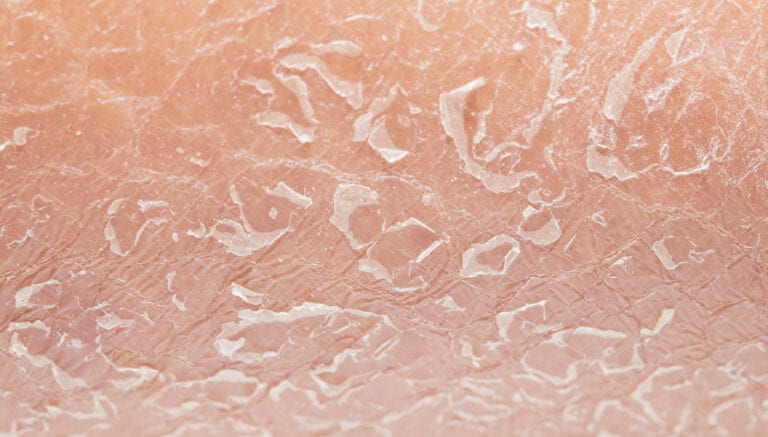
Prevention of Dry, Itchy Skin
The best treatment for most anything is prevention.
Dry, itchy skin is no exception.
The first step is to monitor the health of the skin regularly. This can be done by scanning the body for problem areas. A physician may also perform skin monitoring during a routine physical exam.
Some causes of dry skin include:
- Cold, dry air during the winter months
- Skin damage from the sun
- Use of soaps and detergents that damage the skin
- Excessive immersion in water (taking long baths)
- Some diseases such as lymphoma, malnutrition, hypothyroidism, eczema, and others
- Direct exposure to fan heaters
One of the best ways to prevent dry to skin is to eat an adequate amount of protein, vitamins, and fatty acids.

Best Foods to Eat for Healthy Skin
What should you eat to help keep your skin healthy? In general, fresh fruits and vegetables are a good choice because of the vitamins and antioxidants. Below are some great suggestions.
- Salmon – Fatty fish, such as salmon, contain omega-3 fatty acids which reduce inflammation and keep the skin moisturized.
- Bell Peppers – Bell peppers are an excellent source of beta-carotene, especially the red and yellow variety. Green bell peppers are picked before they turn color and do not contain as much beta-carotene, which is converted to vitamin A in the body. Bell peppers are also high in vitamin C, which helps keeps the skin healthy by helping form collagen.
3. Broccoli –
Probably my favorite vegetable, broccoli, contains many vitamins and minerals necessary for good skin health, including:
- Vitamin A
- Vitamin C
- Zinc
Broccoli, as well as cabbage, cauliflower, and kale, also contains sulforaphane. This substance may protect the skin from the sun’s damage, thus decreasing photoaging.
- Avocados – Packed with healthy fats, this guacamole ingredient can improve skin health by moisturizing and improving flexibility.
Avocados also contain vitamins C and E, which act as antioxidants. One symptom of vitamin C deficiency is dry, scaly skin. Vitamin C also is needed to make collagen that helps keep skin healthy and strong.
- Tomatoes – Another favorite of mine, tomatoes contain vitamin C, lycopene, and beta-carotene.
These substances can protect skin from the sun and help prevent wrinkles.
- Soy – Isoflavones are contained in soy. These have been shown to improve skin elasticity and decrease fine wrinkles in at least one study.
Isoflavones can also protect the skin from the sun’s harmful rays.
- Sweet potatoes – We started eating more sweet potatoes when consuming the Whole30 diet. These are an excellent beta-carotene source that can protect the skin from the sun. Sweet potatoes are a better option than white or yellow potatoes. Give them a try.
- Green leafy vegetables – spinach, kale, and collard greens contain vitamins A, C and E. They are also a good source of protein and spinach contains selenium which can protect the skin from UV rays.
- Eggs – These are a good source of protein, selenium, zinc, vitamin A and vitamin C.
10. Healthy oils – Extra virgin olive oil and fish oil can help with keeping the skin moist and pliable.
Dietary supplements may be necessary if you cannot get enough nutrients from the foods you eat.
Some of these can be found in the Sunshine Store. The supplements listed below are the same as those contained in the foods above.
- Fish Oil
- Vitamin A
- Vitamin C
- Vitamin E
- Zinc
- Selenium
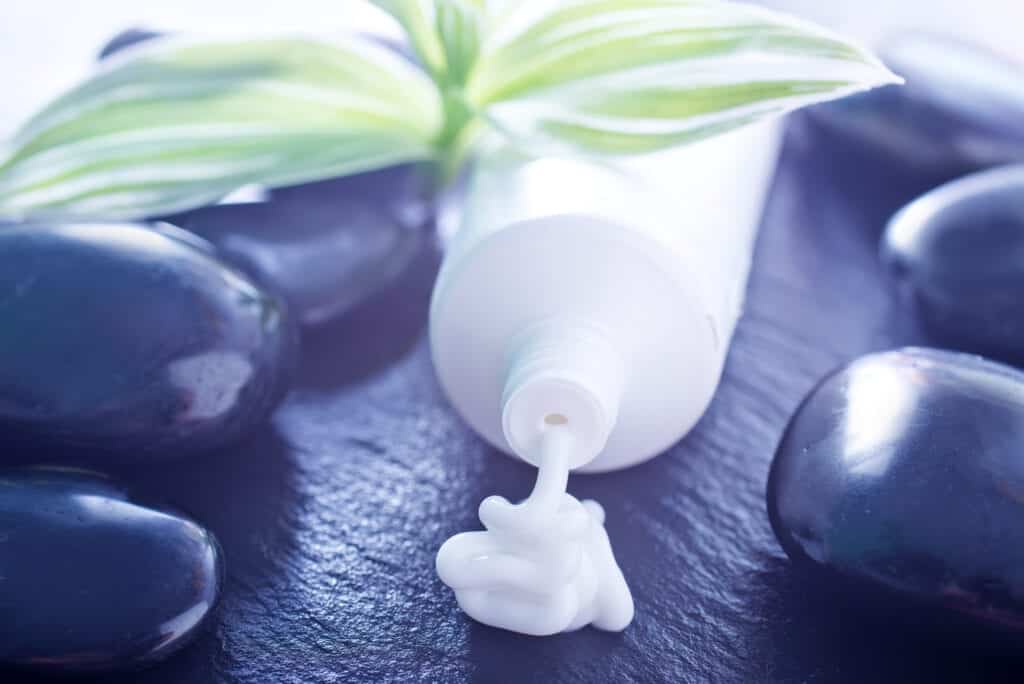
Topical Agents for Dry Skin
Daily use of moisturizers that hydrate the skin is important. Some examples of ingredients that can help are:
Topical Urea – This is a molecule produced by our body that is naturally found in the skin. It is generated from the metabolism of proteins and other compounds.
Urea is excreted in the urine and through sweating.
Urea is one of the best moisturizing agents available to dermatologists today. It has been used safely for over a century and can be utilized for several skin conditions. Urea has different effects on the skin, depending on the concentration employed. At lower concentrations (~10% or less), it acts as a moisturizer, while at concentrations greater than 10%, it has an emollient/keratolytic action. Urea can also enhance the penetration of other molecules through the skin and is used in combination therapies.
Other skin moisturizers available include glycerin, lactic acid, and petrolatum.

Other Ways to Help Dry Skin
- Avoid traditional soaps – regular soap can alkalinize the skin damaging the moisture barrier. Synthetic cleansers such as Dove, Olay, and Cetaphil are preferred.
- Avoid excessive washing – This can worsen dry skin, especially if very hot water is used.
- Avoid aggressive scrubbing and use luke-warm water.
- Use a Humidifier – Increasing humidity can help decrease skin drying, especially in the winter months.

As we age, our bodies go through many transformations. Energy levels decrease, our kidneys and liver don’t work as well, and we have a higher percentage of body fat. Our skin also changes and becomes thinner, less pliable, and dry. If we don’t care for our skin, it can crack, leading to pain and possible infection.
One of the best things you can do for your body at any age is to eat fresh, whole foods. If you eat a healthy, balanced diet, you are likely to help your skin stay strong and healthy. Always stay hydrated, exercise, and use high-quality moisturizing lotions.
If you live in the northern part of the country where it is cold in the winter, consider using a humidifier to help decrease the effects of dry air on your skin.
Avoid excessive bathing, especially with very hot water, as this may dry your skin. Stick with high-quality synthetic cleansers, and be sure to monitor your skin for dry, scaly areas. If you find problems with your skin, see your doctor. There are medicated creams and lotions available to help relieve the various skin conditions you may be suffering from.
Skin integrity is vital to our overall health. If you have any questions regarding this topic, or any other health or fitness related subject, feel free to contact us. If you have ideas for future blog posts, let me know. My goal is to keep you entertained and informed. Have a great day; be happy, healthy, and keep smiling.
Get Our Monthly Newsletter Sent to Your EMAIL Sign up Below

Michael J. Brown, RPh, BCPS, BCPP
Mr. Brown is a Clinical Pharmacist specializing in pharmacotherapy and psychiatry.
Feel free to send Michael a message using this link.

